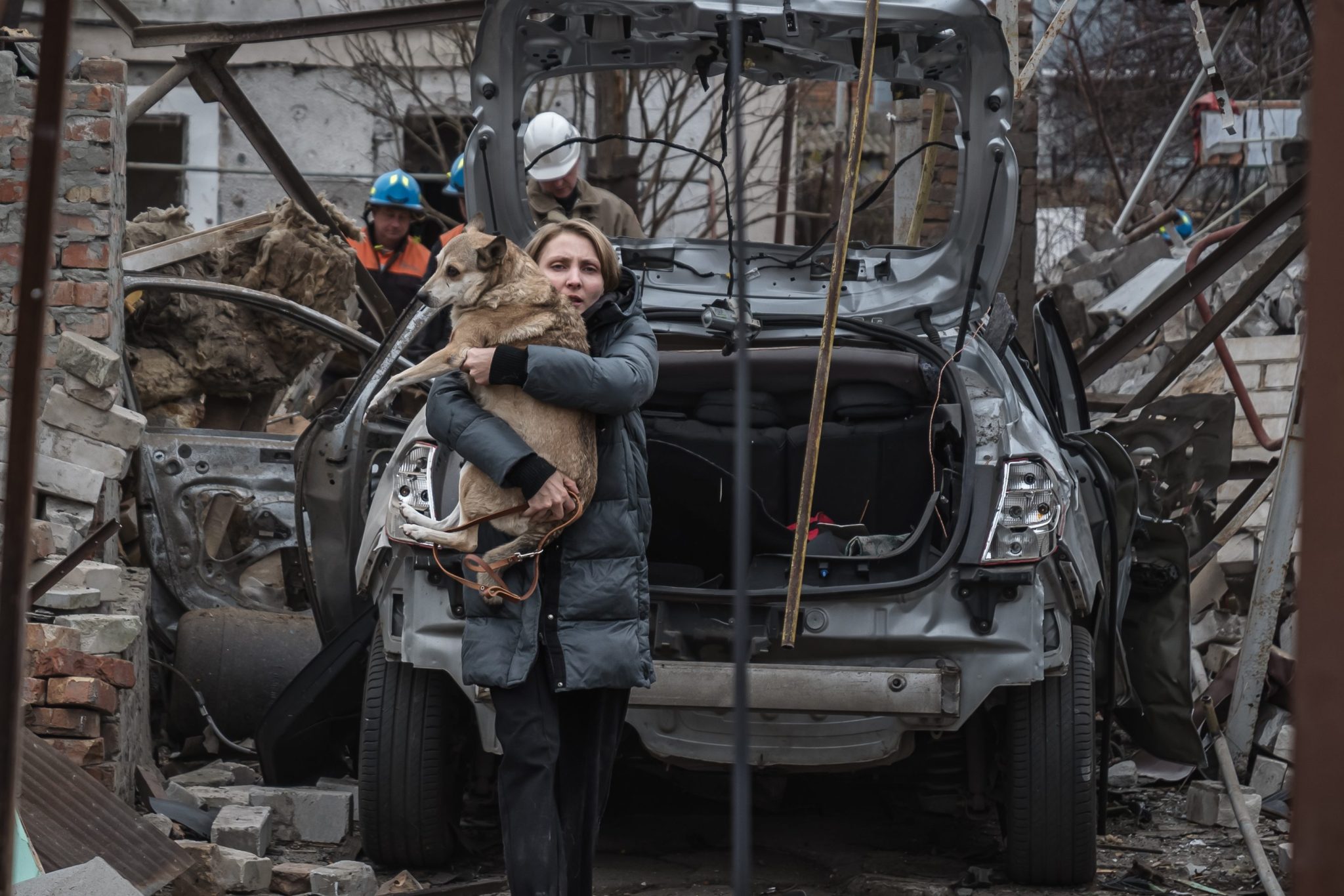The election of Donald Trump has already redrawn America’s electoral map, but Trump’s foreign policy agenda likely has far-reaching consequences for the geopolitical map of Europe, too.
Since 2016, Mr. Trump has proposed significant departures from business as usual: reducing America’s involvement in NATO, making significant concessions to Vladimir Putin’s Russia, and even buying Greenland. Now that Trump has won, what will be next? If Ukraine cannot withstand the Russian incursion, nor count on the West’s support, who’s to say that the Baltics would be exempt from a similar invasion from Moscow?
With more experience, the self-confidence of a popular mandate, and a deep bench of loyalists ready to fill the ranks of the U.S. State Department, America’s voters and the policymakers of Europe must consider the security implications for Europe, and how to maintain democracy in the region.
The most immediate change under a second Trump administration will be a reduction in U.S. military and economic aid to Ukraine. Trump has repeatedly criticized the level of American involvement in the conflict, suggesting that Europe should take more responsibility for its own defense.
During his previous term, Trump often expressed frustration with European allies, accusing them of not contributing enough for their own security, notably at NATO, and calling on Russia “to do whatever the hell they want” to any NATO country that doesn’t pay its fair share. This might be true for the “old European” members of the EU, like France, Germany, and Italy, but not for the newer members in the East. In fact, both Estonia and Poland spend an even larger percentage of their GDP on defense than the U.S. Trump’s isolationist stance promises less U.S. funding (or none at all), making the future of the war in the region look very different.
Trump’s transactional approach to foreign policy will force Ukraine to make territorial concessions in order to end the war. This could involve pressuring Ukraine to cede control of Russian-occupied territories such as Crimea and the Donbas, compromising Ukraine’s sovereignty and territorial integrity. Such a move would not only embolden Putin but also set a dangerous precedent for other authoritarian regimes seeking to expand their influence through military aggression. Such a change in policy would also abandon the fundamental principle of the Post-World War II order: Borders may not be changed through…
Click Here to Read the Full Original Article at Fortune | FORTUNE…


